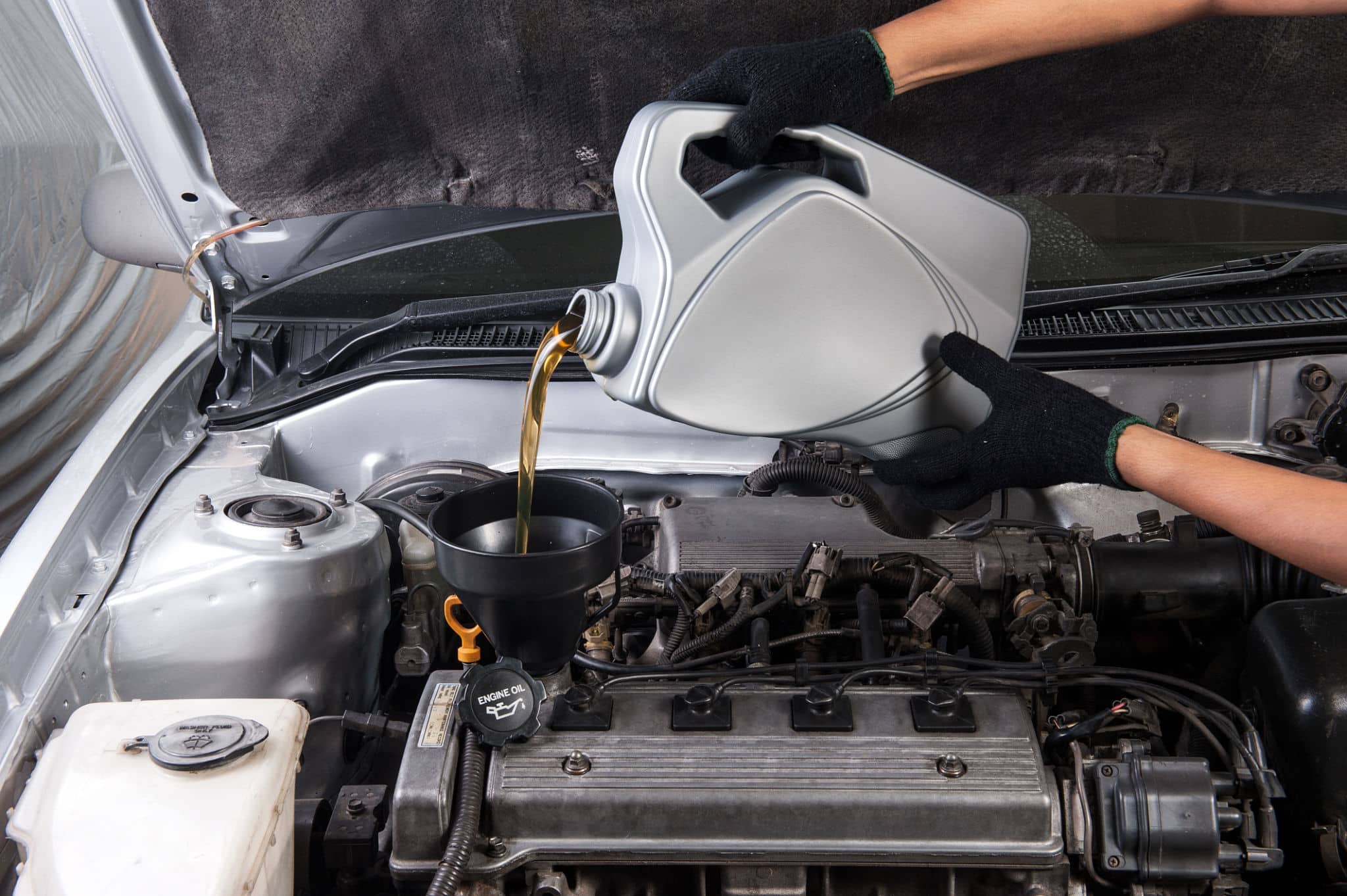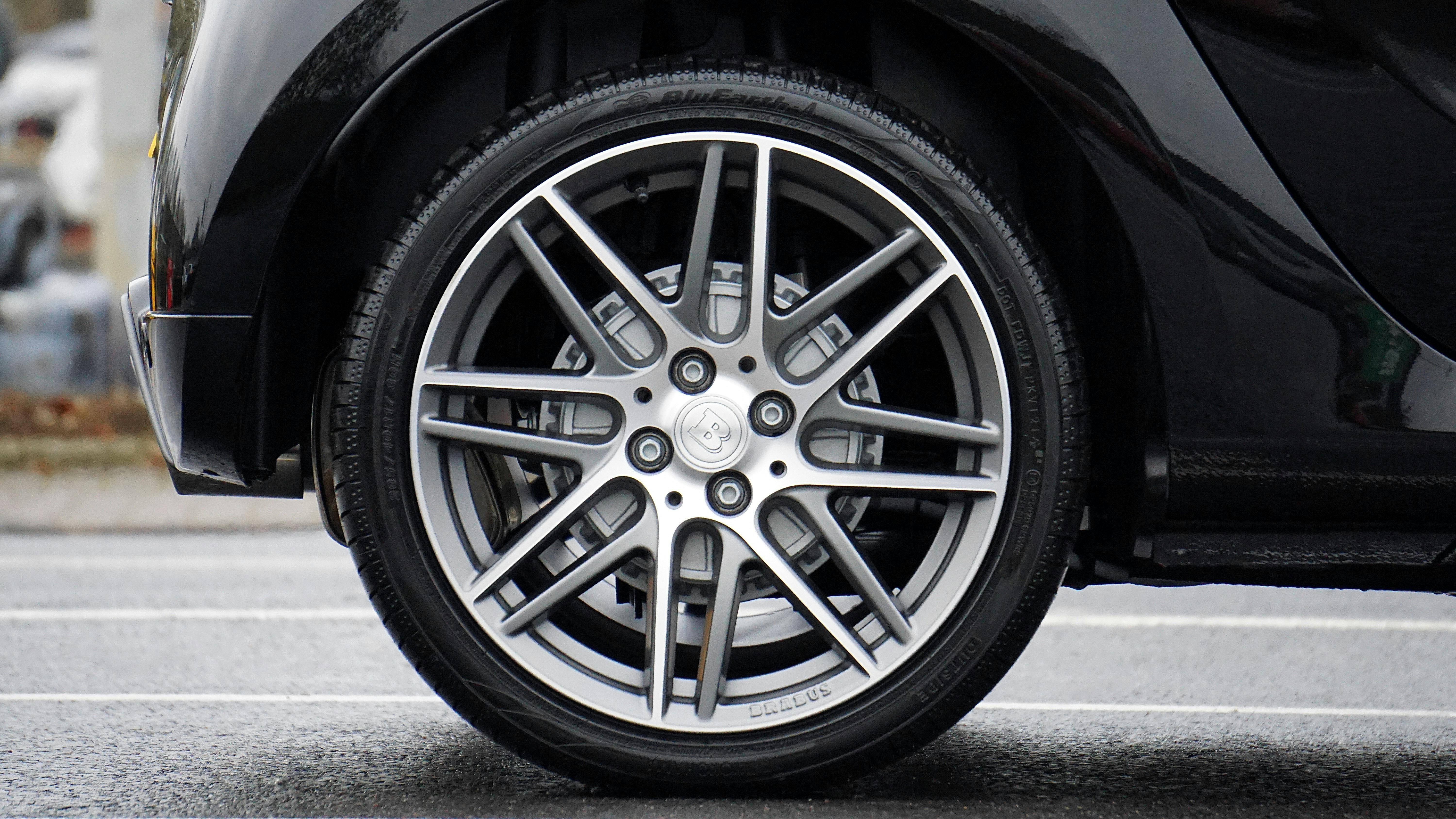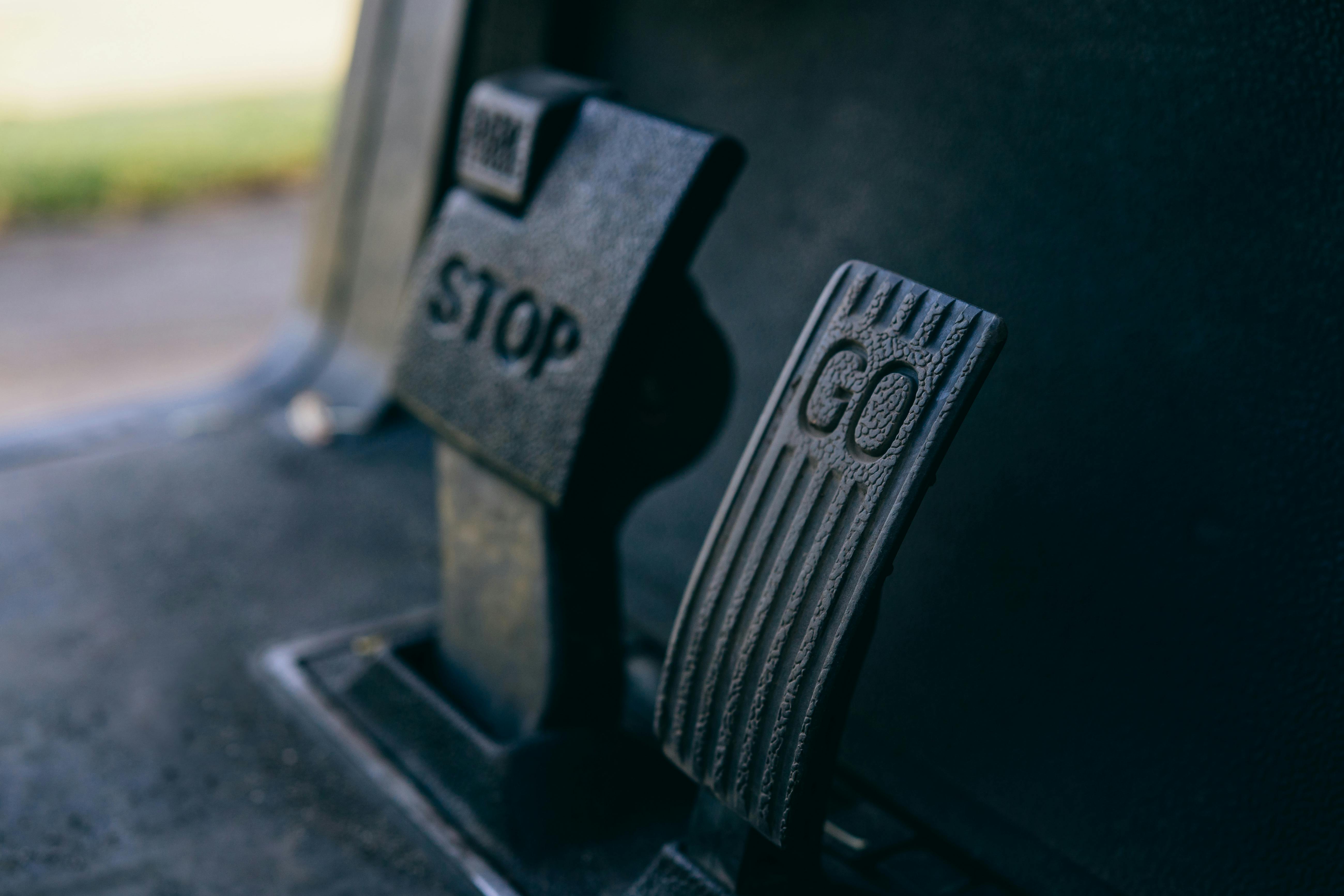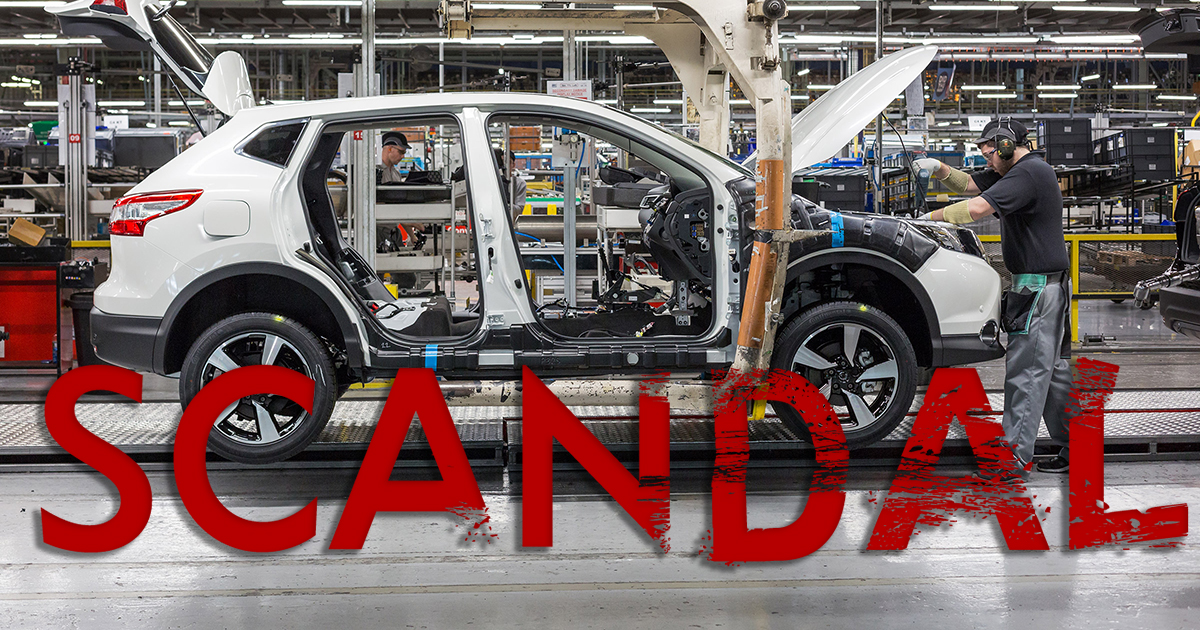Best Ways To Improve Fuel Economy
Maximizing a car's fuel efficiency is beneficial for both reducing emissions and saving money at the pump. The type of car you drive plays a big role, with lighter cars getting significantly better mileage than larger trucks. However, how you drive and maintain your vehicle can also greatly impact its fuel economy over time.
Take Out The Trash

One simple way to improve fuel efficiency is by clearing out unnecessary weight from your car, such as gym gear or spare clothes. The heavier the car, the harder the engine works, which increases fuel consumption. Even a small reduction in weight can boost fuel economy by up to 6-8%, so every bit of decluttering helps over the car's lifetime.
Keep It Lubed Up

Regular oil changes are essential for keeping a car running smoothly, as engine oil lubricates moving parts and reduces friction. Without proper lubrication, parts wear down and generate heat, which signals inefficiency and wastes fuel. Changing the oil every six months boosts fuel efficiency and ensures long-term engine health.
Stick To The Plan

Car manufacturers provide a recommended maintenance schedule to help keep your vehicle performing well and prolong its life. This includes oil changes, checking belts, fluids, and air filters, and ensuring everything functions properly. Regular maintenance is inexpensive and helps prevent costly repairs, making it a smart long-term investment for your car's performance and longevity.d.
Don't Run Flat

Tires are crucial in fuel efficiency, as they are the car's only contact with the ground. Regular maintenance, including tire rotation and alignment, ensures even wear and optimal performance. Additionally, maintaining proper tire pressure—neither too low nor too high—is key to maximizing gas mileage, so check it regularly using a pressure gauge and follow the owner's manual guidelines.
Keep the Pedal Off the Floor

How you drive significantly impacts fuel efficiency. Rapid acceleration and rigid braking waste gas, while smooth, gradual acceleration and deceleration help conserve fuel. To maximize efficiency, imagine driving with an egg under the gas pedal to avoid pressing too hard and maintain a steady speed of around 60-65 mph on highways for optimal mileage.







